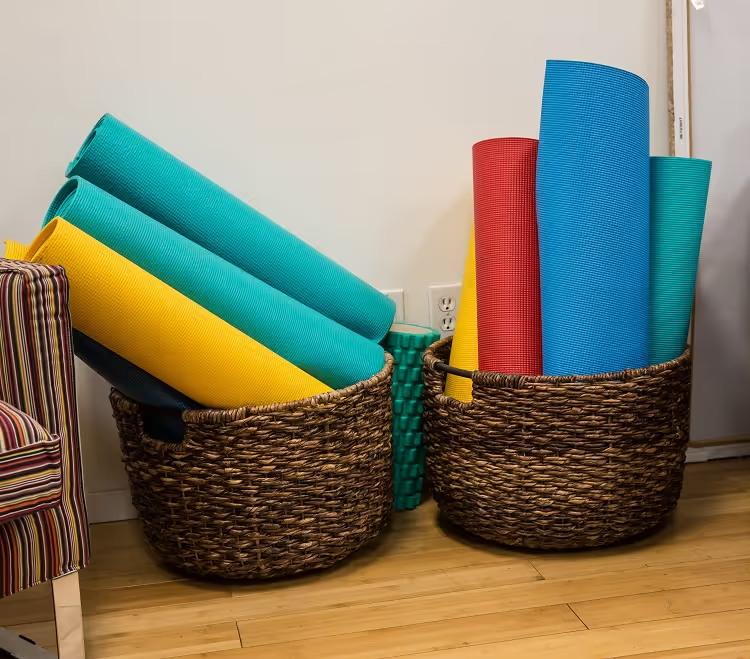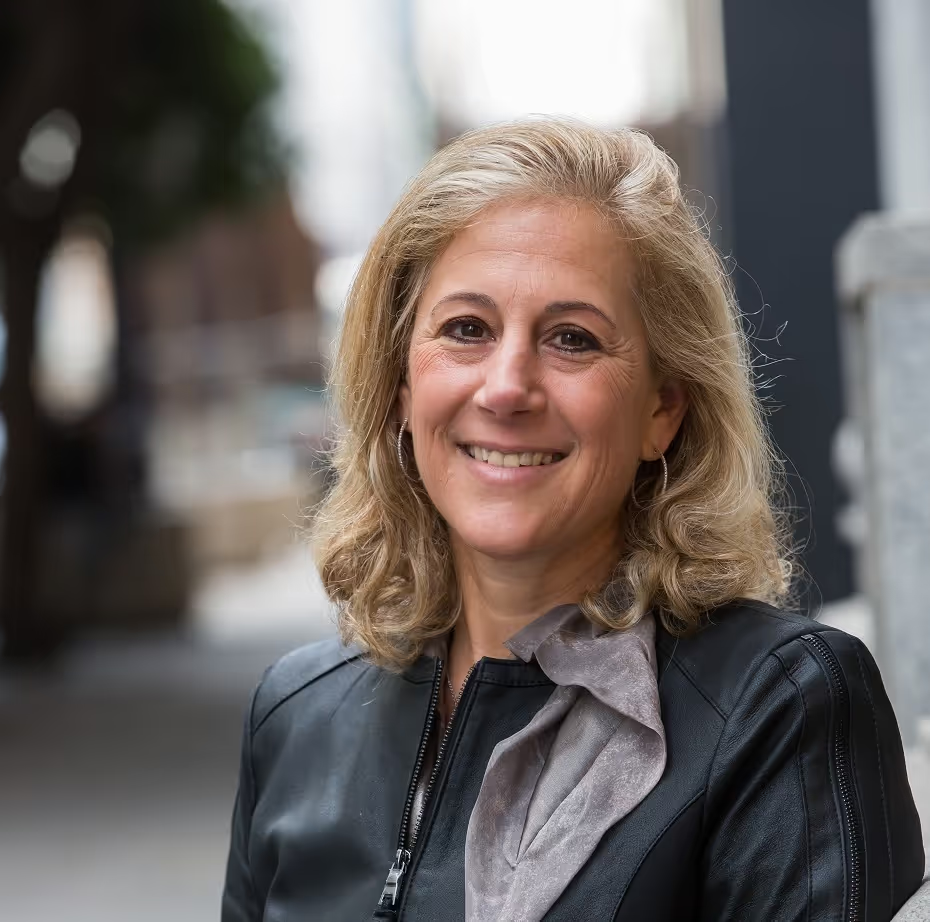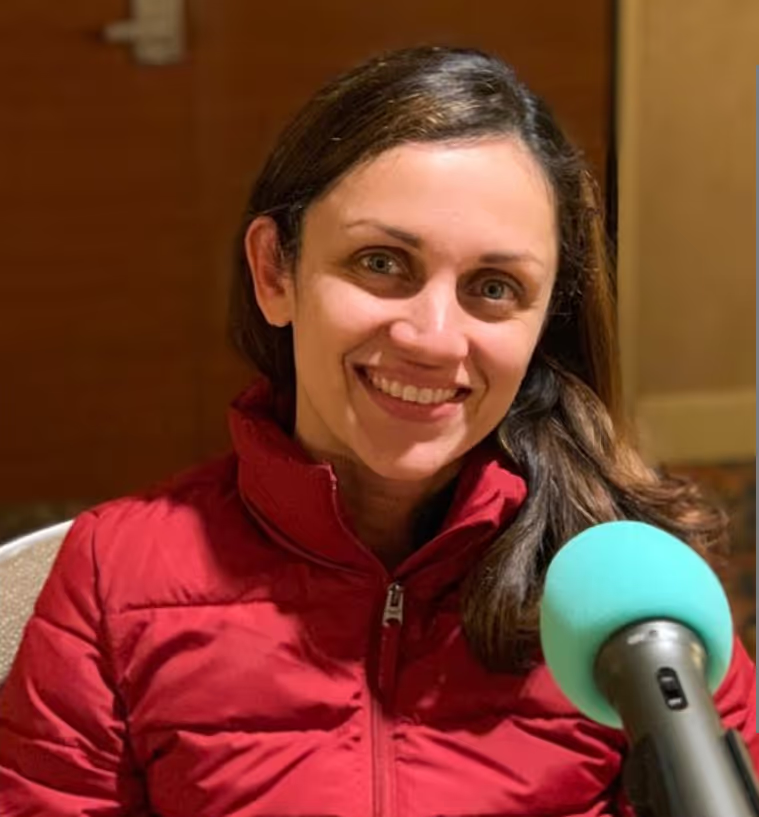Listen now
Vida Health’s CEO Stephanie Tilenius is not afraid to dream big. After many successful years at Google, PayPal, eBay and KPCB, she’s now working to wipe out chronic disease by placing personal healthcare in the pocket of the consumer.
Healthcare is one of the few industries that have not yet changed much despite the advances that have been made in technology in recent years. In part, it’s because the consumer is not in control of their own healthcare. In just two years, global healthcare spending is projected to hit 8.7 trillion and about half a billion people on the planet already suffer from diabetes. Because it is so expensive, and most of the expenses are out-of-pocket money for reactive healthcare, consumers are starting to own the problem.
A real shift has started to form, where consumers are finally getting more engaged in healthcare, especially on the wellness and preventative side. Millennials spend a large chunk of their income on health, making sure they are eating well and staying healthy. One entrepreneur on the forefront driving this change is Stephanie Tilenius, CEO of Vida Health.
Vida Health is the first horizontal platform that combines care models for both physical and mental health by providing a digital therapeutic platform providing access to live human coaches and therapists coupled with digital therapeutic programs. Vida Health has helped many users overcome a variety of conditions including obesity, sleep apnoea, diabetes, pre-diabetes, blood pressure, depression and anxiety just to name a few.

Stephanie got into this because of personal pain, experiencing the care provided for her father, who had multiple chronic conditions. Having always been entrepreneurial even inside big companies, she decided to do something about it, thinking that there must be a better way than what the system currently provides. In her roles at Google and eBay, she built new consumer products and platforms from the ground up and started multiple businesses as an intrapreneur, including PayPal Merchant Services, Google Wallet, and Google Shopping Express among others.
"I eventually founded Vida Health because I felt I had to use my skills to change healthcare; we are at a crisis point in the U.S. and eradicating chronic disease has become a calling for me."
ST: All the care provided to my father was reactive and intermittent; it was not really helping to manage and overcome his conditions. I was not satisfied with the care he was receiving and I knew there must be other solutions out there. To my surprise I didn’t find much on the market so I felt compelled to build it. Having done a lot of prototyping at Google, because that was how we built products, I knew how to prototype. I started testing concepts and prototyping ideas until I found a product that I believed could serve this purpose. Once we got the a minimum viable product built and started testing it with a real-life coach, I was amazed to see how much people liked connecting with their coach over text, audio and video, both synchronously and asynchronously.
"That’s when I realized that this could be the new form of healthcare where you can experience personal, proactive healthcare enabled by technology that is both continuous and personalized."
ST: The Vida Health app and service have incredible high engagement once people get on the platform; it’s been great to see how much it really helps people who are suffering to get a real-life coach dedicated to you, helping you manage and overcome your health issues. We bundle evidence-based digital therapeutics and have seen great health outcomes for our participants.
Having a clear mission and purpose has helped Stephanie ground everything they do at Vida Health in the customer.
ST: It first and foremost makes us think about what kind of change we can drive; it gives a purpose. Purpose is important and I believe people are motivated by purpose above other things. Meaning is often the highest motivator in life and I believe the millennial generation is increasingly motivated by mission and purpose. Lastly, when it gets hard, it's beneficial to remember that we are doing this to help people.
"We do a lot to enforce the mission internally and help everyone remember that what we do makes the world a little bit of a better place."
ST: We send out customer testimonials to the whole team all the time; we use our customers' journeys to inspire the team, showing that the work we do is truly meaningful. It drives our team forward. We also try to practice what we preach and focus on our own health at the office, with running groups, clean eating, office yoga, plank exercises and other team activities like that.

Eradicating chronic disease is not the only thing Stephanie feels passionate about, empowering other women is also important to her. Coming from an extremely successful place, Stephanie would like to see more women in tech.
ST: First of all, there needs to be more women in tech overall, we need a bigger "pipeline" of women entering the workforce. I recommend that more women go into STEM careers. Secondly, women need to speak up and not be afraid to voice their opinion and take a seat at the table. Another important issue is networking. A lot of women don’t network enough, but it’s important to meet new people and build connections for the future.
As a CEO and board member of many companies, Stephanie spends most of her time working, traveling or being with her family. Taking care of her own health, she does during office hours.


.svg)






.svg)






